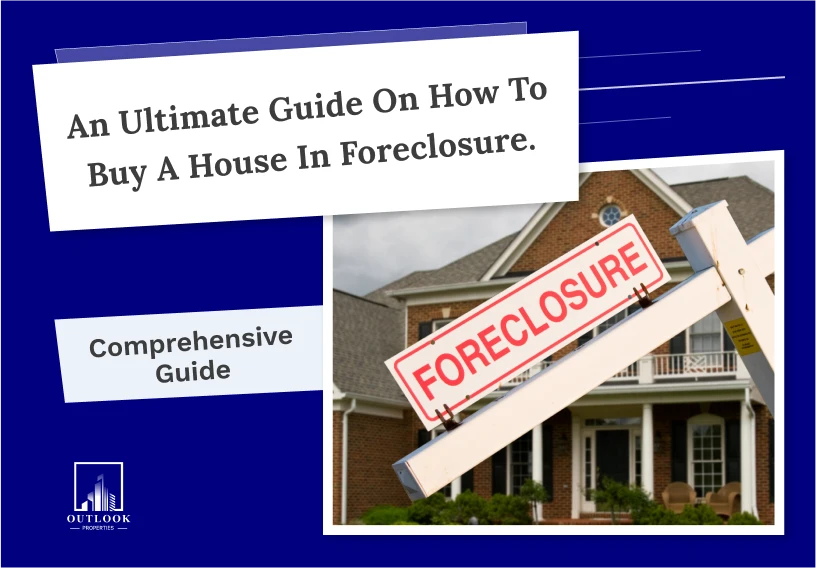After the passing of a loved one, managing their final wishes as detailed in their Will can be a daunting task. The designated Executors are responsible for implementing the terms of the Will. In instances where property is involved, a Grant of Probate is essential to move forward with the estate’s administration.
Grieving is never easy, and adding administrative tasks to the mix can be overwhelming. However, having a grasp of what is involved and seeking guidance from professionals can streamline the process, allowing for some peace of mind during an emotional time.
What Does Probate Mean?
Probate is a judicial procedure that authenticates a Will, granting the designated representatives the legal right to distribute the deceased’s assets as outlined in the Will. To proceed with this, Executors must secure a Grant of Probate from the official Probate Office.
Every individual’s estate varies, so pinpointing the exact time for the probate process can be tricky. While Executors can directly approach the Probate office for the application, many opt for the expertise of a specialized solicitor.
Probate becomes necessary if:
• The departed had a property solely in their name or shared it as tenants in common.
• They possessed other significant assets under the same conditions.
Duration of the Probate Process
The duration of the process is contingent on the estate’s size and intricacy and the current workload at the Probate Office. After submitting your application, the wait begins. Meanwhile, selling a probate property is not unlike regular property sales, except that it hinges on the Grant of Probate being issued.
For those aiming to sell a probate property, listing it during the probate application is permissible. Once there’s an agreement on the sale, solicitors can draft a contract stipulating the sale’s dependence on the issuance of the Probate Grant. This provision allows the buyer’s legal counsel to review pertinent documents and address concerns even as the Grant is awaited.
Finalizing the sale becomes feasible immediately upon Grant’s release. When should one consider listing a probate property for sale? While the probate process has its timeline, you can list the property whenever you see fit. Often, such properties pique the interest of potential buyers due to the absence of a purchase chain. Most buyers are amenable to beginning the legal transfer process in anticipation of the Probate Grant.
Listing and Marketing a Home
Just as with the sale of a conventional home, an agent or director should enlist the assistance of a realtor to promote and list the property. This realtor will oversee responsibilities such as capturing listing photos, uploading the home’s details to the Multiple Listing Service (MLS), and arranging viewings for prospective purchasers. It’s essential to choose a realtor who has a deep understanding and expertise in managing the intricacies of a probate home sale.
Alternatively, some estate handlers prefer a streamlined approach, choosing to sell directly for an all-cash offer to companies like ours. This method guarantees a swift, fair-market value proposal, adding an extra layer of comfort during the intricate probate proceedings. Our crew boasts extensive knowledge in navigating probate home sales, ensuring a hassle-free experience for you.
In Massachusetts, the probate court system governs the sale of homes, a process accompanied by multiple stages and legal formalities. Upon receiving a proposal and deposit, the estate’s executor or administrator, often the deceased’s spouse, must approach the probate court, accompanied by a legal counsel specializing in probate matters. After all requisite documents have been submitted, the court informs all heirs and beneficiaries. Barring any challenges, the court typically sanctions the sale. It’s mandatory for all relevant stakeholders, including the potential buyer, to be present in court for the sale’s approval. If there’s more than one interested buyer, the court might decide to conduct an auction. In such cases, should any bid exceed the initial offer, the property goes to the highest bidder.
Closing & Selling a Home During Probate
Selling a home during probate often takes more time than anticipated due to complexities related to taxes, liabilities, and various legal processes. On the day of closing, the estate completes the payment for the home, and the title is handed over to the buyers. The funds from the sale are then utilized to address outstanding requests and clear any debts or obligations. Any leftover amounts are then apportioned among the heirs and beneficiaries by the probate court.
For obtaining the Grant of Probate, it’s crucial to provide the Probate Office with the home’s value at the time of the deceased’s passing. It’s advisable to get an early valuation and listing to ensure accuracy. Wrong valuations can lead to unnecessary tax implications.
Buying a Home in Probate
If you’re considering buying a probate-listed home, confirm with the seller’s attorney about the status of the Probate Office application. Typically, a Grant can be sanctioned around 12 weeks post-application, but this duration can differ. Keeping abreast of the Probate Office’s current application processing timeline helps predict potential closing dates. If the application isn’t submitted, ascertain the expected submission time. Also, if securing a mortgage, be wary of the loan offer’s expiration in relation to the probable closing date.
Choose the Experts: Outlook Properties
Selling a home swiftly in Massachusetts during probate requires strict adherence to legal norms. Grasping the nuances of the probate process, identifying the personal representative, precise property valuation, securing vital documents, and following this guide can lead you through the house-selling maze. During closing, everyone involved converges to finalize the sale—this includes the buyer, seller, and their respective legal representatives or agents.
Conclusion
In Massachusetts, our agents have guided numerous individuals through probate home sales. Recognizing the emotional toll it can take, we’re here to simplify the journey. We offer a no-obligation, no-repair fair cash offer. By partnering with us, you’re guaranteed extensive marketing and the best possible price. We pledge to keep you informed, allowing you to update beneficiaries consistently. Outlook Properties stands as a trusted entity in Massachusetts selling homes during probate. With their vast knowledge of probate intricacies, they’ve constantly achieved exceptional outcomes for clients. At Outlook Properties, we grasp the intricacies of probate-related legal obligations. Our experienced team offers constant guidance, ensuring a hassle-free experience. From thorough property assessments to detailed documentation and potent marketing tactics, we’re devoted to ensuring a successful probate sale in Massachusetts.





